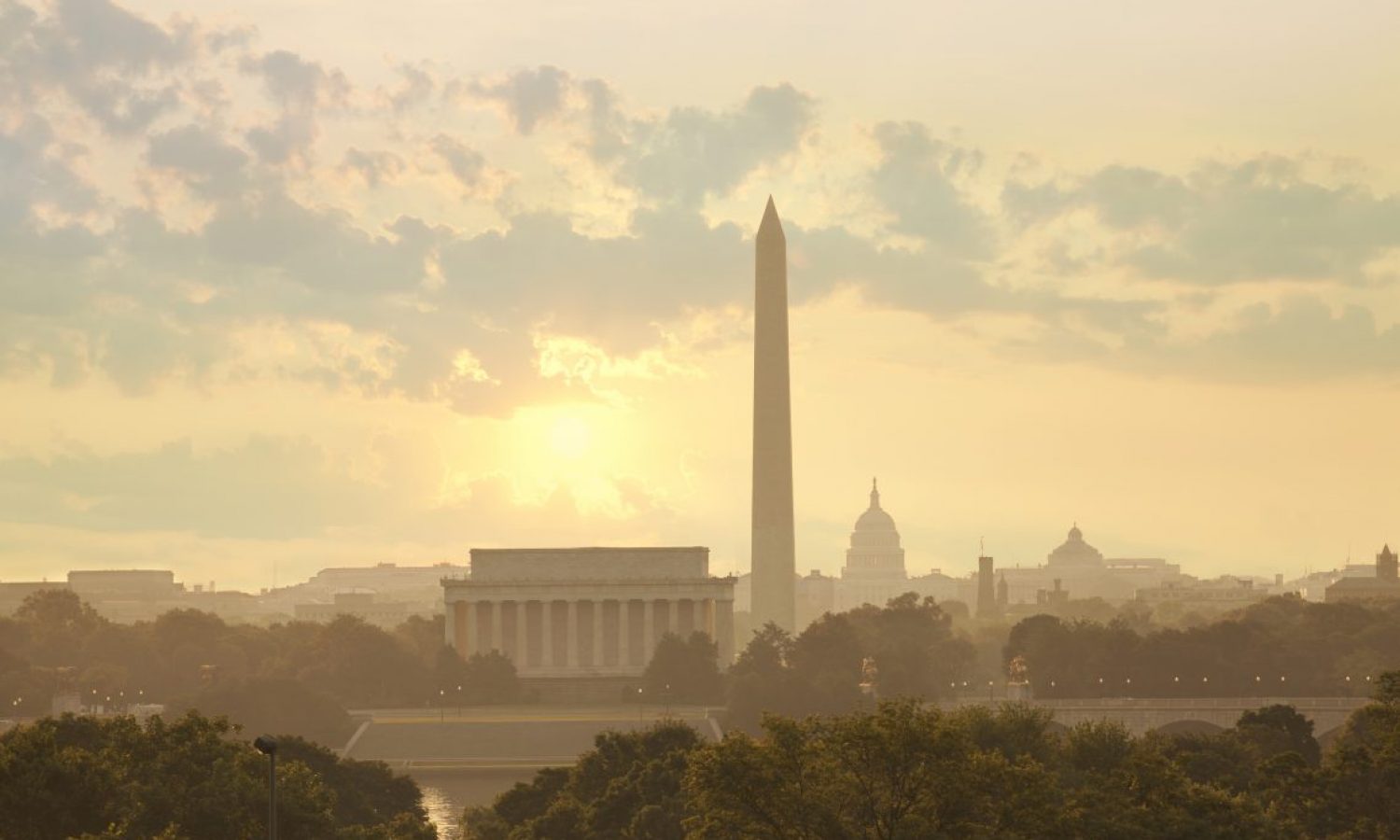i2Coalition April 2022 Legislative Brief
Your brief update on important Internet policy issues
OUTLOOK
President Biden and Congress have been balancing their their political priorities with their responses to global and domestic crises. They worked together this month to pass laws aiding Ukraine and increased Russian economic sanctions. More debate on Ukraine support packages is to be expected. Judge Ketanji Brown Jackson was confirmed as a U.S. Supreme Court Justice on April 7 by a 53-47 vote. After a two-week recess in April, Congress returned to resume work on a number of major economic and fiscal issues, including $10 billion in new COVID relief spending, and the FY 2023 federal budget appropriations process. In the brief window of time before U.S. Congressional midterm election campaigns are in full swing, Senate Democrats hope to pass a narrower version of President Biden’s economic policy agenda (originally much broader and called “Build Back Better”) through budget reconciliation procedures. This tailored legislative package would reportedly focus on climate, prescription drugs, tax increases for corporations and the wealthy, and deficit reduction. Sen. Joe Manchin’s (D-WV) favorable vote will be critical to the success of this effort in the 50-50 Senate.
With that as the backdrop, here’s a broad overview of what’s happening in tech:
TECH POLICY PRIORITIES
Section 230/Intermediary Liability. Numerous Section 230 reform bills remain pending in the U.S. Congress without sufficient bipartisan support to move forward, but the legislative debates on Big Tech platforms’ accountability and content moderation practices are likely to expand and accelerate as the Congressional midterm election campaigns advance. The Senate Judiciary Subcommittee on Privacy, Technology, and the Law will hold a May 4 hearing on platform transparency and the impact of social media. The Twitter Board’s approval of Elon Musk’s $44 billion offer to buy the company and take it private re-ignited public discussions online and offline about the power of large tech social media platforms in making Internet content moderation decisions. Musk has said he wants Twitter to be a platform strongly supporting free speech with more wide-ranging discussions and debates. He also announced that he wants to add new features to improve the user experience and make Twitter’s algorithms open source to increase trust.
Federal Privacy. Senate and House negotiators have continued to express some optimism that bipartisan, comprehensive consumer data privacy legislation can be passed this year before Congress leaves Washington for the midterm election campaigns, as well as legislation to protect children’s safety and privacy online. The U.S. Department of Commerce continues to work toward the implementation of the “agreement in principle” on a new U.S.-EU transatlantic data privacy framework that would replace the U.S.-EU Privacy Shield. In April briefings, Commerce Department officials have indicated that an Executive Order and other associated implementing documents will be released in the coming weeks.
Copyright/IP. The Copyright Office has scheduled the next phase of stakeholder consultations on voluntarily deployed technical measures for identifying or protecting copyrighted works online. On April 27, the Copyright Office also initiated, as a separate matter, a Notice of Inquiry on the development and use of “standard technical measures” (defined in Section 512(i) of the DMCA) for the protection and identification of copyrighted works and invited public comments due on May 27, 2022. Senator Tillis’ staff is continuing to conduct stakeholder discussions about possible legislation to combat large-scale online commercial piracy.
Antitrust/Competition. Advocacy for and against pending federal antitrust bills intensified in Congress in April, focused primarily on two bills –the American Innovation and Choice Online Act (S. 2992 and H.R. 3816) and the Open App Markets Act (S. 2710). With the limited legislative days available in this midterm election year, it is unclear if these bills can garner the votes needed to pass both houses of Congress. The Senate is moving to hold the final vote on Alvaro Bedoya’s nomination to serve as a Commissioner on the Federal Trade Commission.
Broadband. The NTIA is continuing to ramp up public education and resources for the implementation of the approximately $48 billion broadband funding program under the Infrastructure Investment and Jobs Act (IIJA). The FCC Chair Jessica Rosenworcel has told Congress that improved broadband mapping is on schedule to be completed by the fall of 2022. A Senate vote on the nomination of Gigi Sohn for FCC Commissioner, which if favorable would give Democrats a 3-2 majority, has continued to be stalled by political disagreements.
Find out more…
For more in-depth updates on Internet policy including issues that specifically impact your organization, please contact us about joining the i2Coalition.

